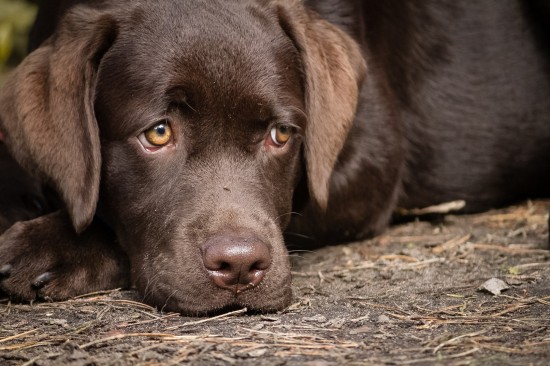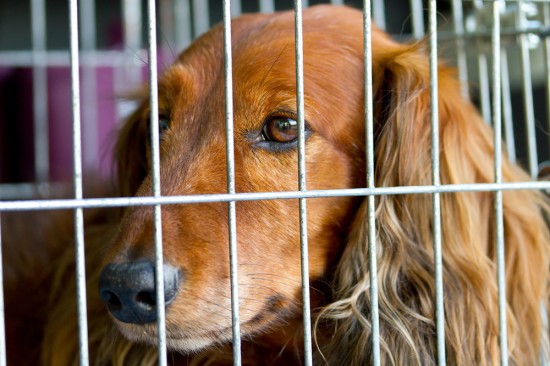
There are so many courses available these days, from short one-day affairs to full time nationally recognised qualifications. However, if you have not attended one of these before, or have been out of education a long time, it can be difficult to know what is expected of you.
If attending a day course, your best bet is to ring up the institution at which it will take place and find out what the course entails. If there is any element of practical or yard work, it may be a good idea to wear jodhpurs or breeches and yard boots, or at least pack your riding gear in the car so you have it if necessary. Also, a pad of paper and pens will be essential for taking notes, as well as a highlighter to make important statements stand out. You may also need lunch, but you can check whether food is provided when you ring up, and aim to take a bottle of water and a snack to keep your concentration levels up!
With distance learning courses your riding gear won't be much use to you, although you may be expected to complete vocational tasks of your own accord and submit video evidence. Therefore you will still need access to good quality yard boots, jodhpurs, gloves and a hat as minimum personal protective equipment. In terms of any academic material, you will need to form an appropriate workspace at home where you can concentrate on reading through the course material without being disturbed. Again you will need pens and highlighters to make notes and emphasise points. A computer may also be a useful addition to your workspace in order to complete and store assignments as well as for research.
For full time qualifications, it depends largely on the course you are doing as to whether you will require riding gear or not. Often at degree level, you will only be expected to use riding gear for limited practical sessions, and so you may not need a full outfit including jodhpurs and riding jackets. However you may be expected to own minimum forms of protection for horse handling in educational sessions, such as a hat, gloves and yard boots. Some degree courses do offer riding and practical skills as optional modules. On a vocational course, full riding gear is usually required, as there are assessed riding and practical elements. Then obviously you must have a smart pair of jodhpurs or breeches, long leather riding boots or boots and gaiters, and a tidy riding jacket. A riding hat and gloves go without saying!
Academic equipment required for a full time course is similar to the others, obviously pens, paper and laptop. However you may also require a printer as most of your work will need to be physically handed in. Sorting out access to your institution's library is important, as it will be a vital resource for completing assignments and revision. If you plan to be a residential student, you must also ensure you have access to accommodation, and that you have the means to pay for it. This may entail applying for a student loan.
Your chosen educational establishment will give you much greater detail as to their expectations, but these very basic pointers should give you something to think about in terms of what riding gear and academic equipment you need to have prepared. For a long term commitment, you may find you need to invest in some new riding gear to make sure it is of a correct standard, fit and will last you the length of the course. Hopefully you will turn up prepared to learn and enjoy your course!
The Equine Store stocks a wide range of top quality items for horse and rider, everything from boots to breeches. Visit the shop at http://www.equine-store.com
 Why You Should Never Medicate Your Dog For Diarrhoea Without Talking To Your Vet
Why You Should Ne
Why You Should Never Medicate Your Dog For Diarrhoea Without Talking To Your Vet
Why You Should Ne
 How To Mentally Challenge Your Dog
How To Mentally C
How To Mentally Challenge Your Dog
How To Mentally C
 Constructional Aggression Therapy For Dogs
Constructional Ag
Constructional Aggression Therapy For Dogs
Constructional Ag
 Bringing A Dog Into The Uk From Outside The Eu
Bringing A Dog In
Bringing A Dog Into The Uk From Outside The Eu
Bringing A Dog In
 How To Cope With Two Chronic Illnesses Seen In Dogs - Cancer & Heart Disease
How To Cope With
How To Cope With Two Chronic Illnesses Seen In Dogs - Cancer & Heart Disease
How To Cope With
Copyright © 2005-2016 Pet Information All Rights Reserved
Contact us: www162date@outlook.com